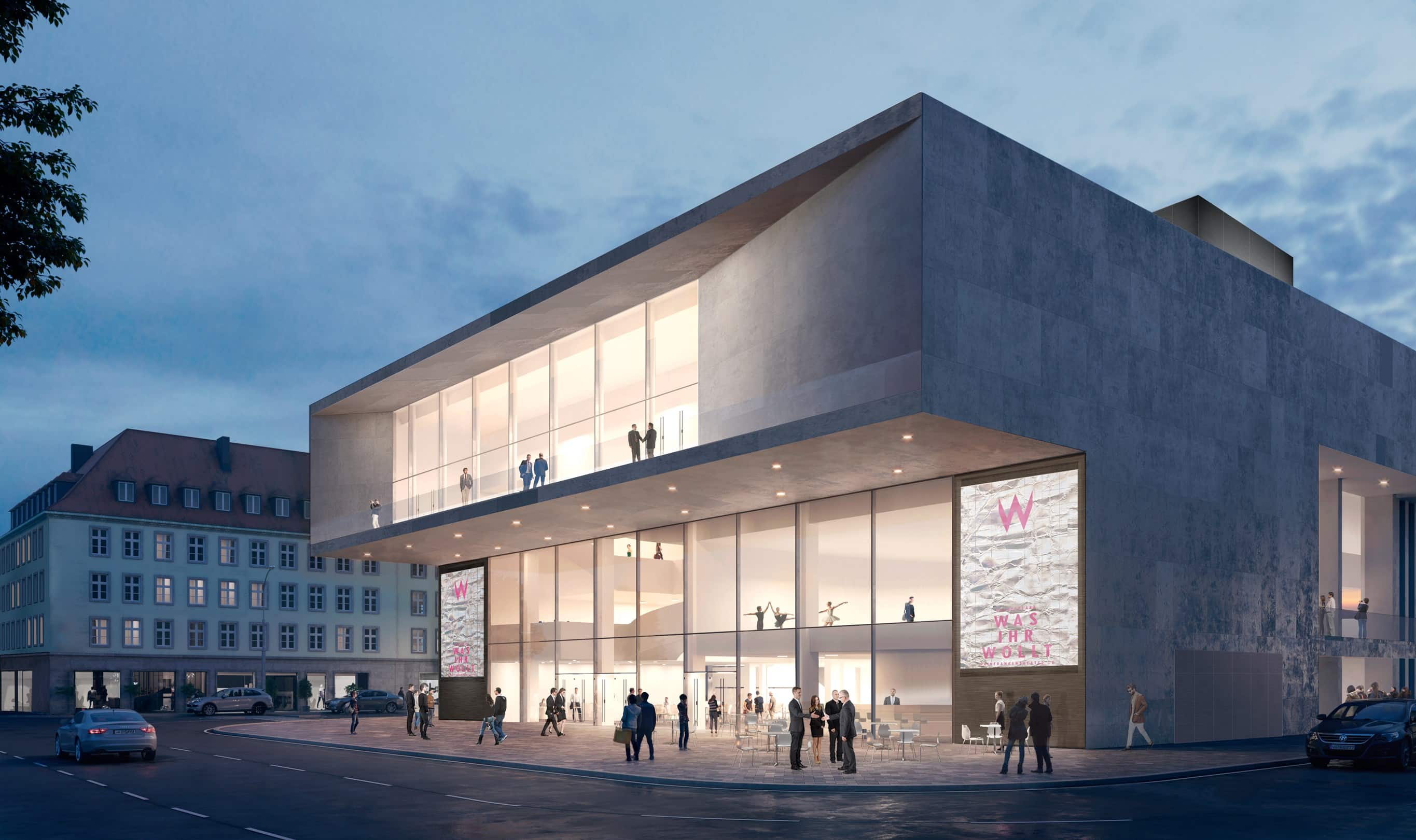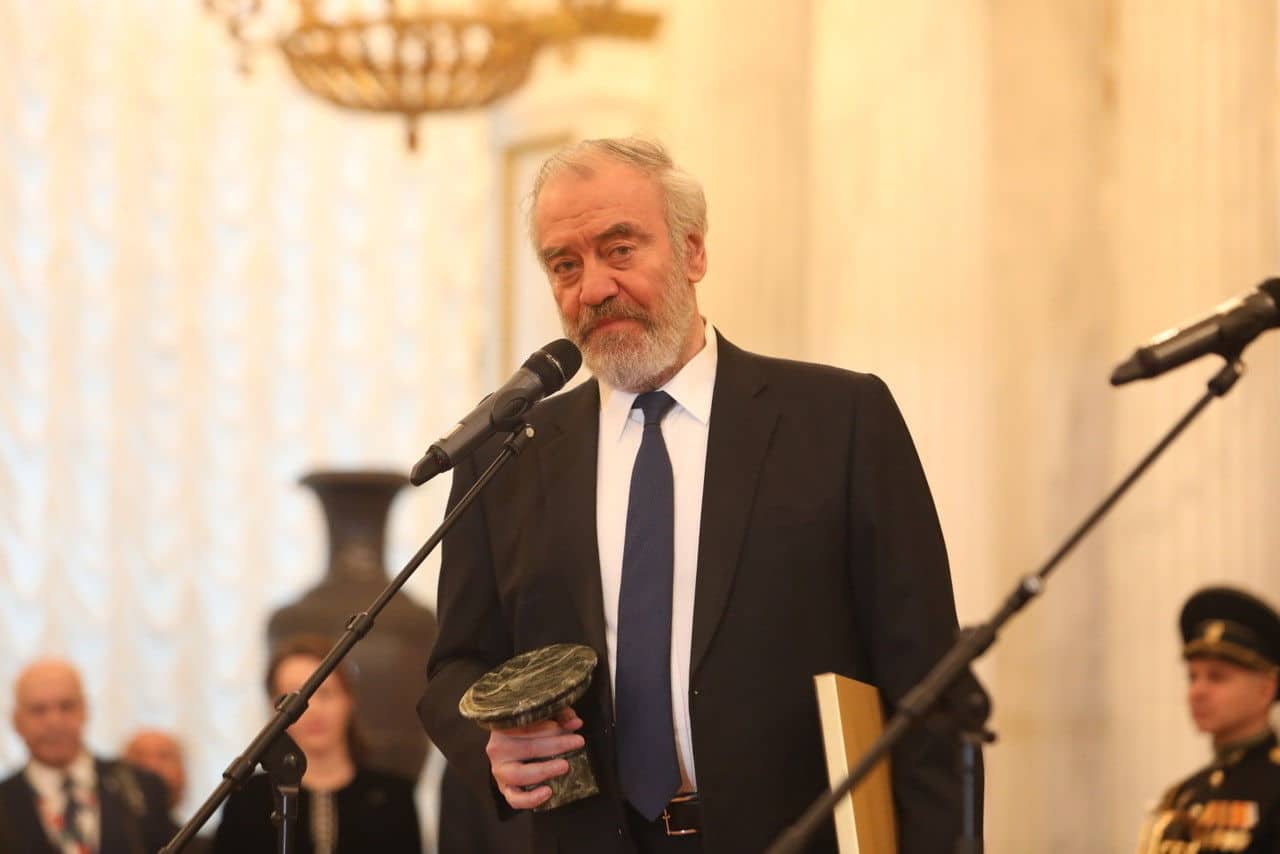British violinist to lead Kristallnacht remembrance at the Brandenburg Gate
mainIt’s 75 years this week since the German government launched a pogrom against Jewish communities and homes, destroying hundreds of buildings and sending thousands of innocent people to concentration camps.
The violinist Daniel Hope, whose family was attacked in the pogrom, will lead a commemoration on Sunday at the Brandenburg Gate. Details below.
On November 10, British violinist and 6-time ECHO Klassik Award-winner Daniel Hope will perform at Berlin’s Brandenburg Gate in a ceremony honoring the victims of “Kristallnacht.” Also known as the Night of Broken Glass, the massacre of November 9-10th, 1938, alerted the world to the barbarism of the Nazis. This year’s ceremony, which marks the 75th anniversary of “Kristallnacht,” invites everyone, especially Berlin’s schoolchildren and students, to come together at the Brandenburg Gate in a memorial that signals the value of diversity in today’s Germany and promotes vigilance against all forms of intolerance, racism, anti-Semitism, and violence.
Daniel Hope has a strong connection to Berlin’s history. His own family lived in Berlin until 1938; some of them fled to the U.S. and South Africa, others lost their lives. At his last “Kristallnacht” concert in 2008, Hope converted the former Tempelhof Airport into a concert hall and brought together friends and colleagues to make a stand against racism and promote tolerance with his “Do Something!” campaign. Daniel Hope says: “What fascinates me most about Berlin is its perpetual history still hidden deep inside so many of its buildings. And so I decided some years ago to fill these places with music, one after the other, by performing at the Reichstag, the Ministry of Finance (formerly Göring’s Ministry of Aviation), the Felix Mendelssohn-Remise, (the former carriage house of the old Berlin headquarters of the Mendelssohn Bank) and Tempelhof Airport. Making music in these buildings, surrounded by the ghosts of my family and of times gone by, let me into a past which I did not experience, but can still sense. “
On November 10, the city will send a united message to the world from the Brandenburg Gate: “Never again!” Statements, short films, and mobile phone clips will be projected onto the Brandenburg Gate for people to see and hear. The ceremony will recall those years which destroyed diversity, remembering those who were excluded, persecuted, and had their livelihoods destroyed during the Nazi pogroms. The ceremony will also emphasize what diversity means in today’s world, where exclusion and discrimination still exist.
Hope will be bringing Heinz Jakob “Coco” Schumann, the legendary Berlin jazz musician who survived Theresienstadt and Auschwitz, to the ceremony. Hope’s latest DVD-documentary “Refuge in Music” (Deutsche Grammophon, 2013), an excerpt of which will be shown during the ceremony, tells the story of 89-year-old Schumann and the oldest living Holocaust survivor, 109-year-old pianist Alice Herz-Sommer. All artists appeared in the film without a fee and all artist royalties will be donated to charity. The DVD project is supported by the Bavarian Academy of Fine Arts, and will benefit organizations that serve the memory of those murdered in Theresienstadt.
Daniel Hope will also perform music by 1930s composers who were condemned during Nazi rule. He will be accompanied by the Deutsches Kammerorchester Berlin.






It might be appropriate to note that one of the “artists who appeared in the film” is the great and wonderful Anne Sofie von Otter, whose Theresienstadt CD, in which Daniel Hope also participated, forms the basis for the entire enterprise.
Mr. Hope wrote a wonderful autobiographical book about his parents’ story as refugees from Nazi Germany, called “Familienstücke: Eine Spurensuche”. To my knowledge it’s never appeared in English as it SHOULD be: it’s very well-written and quite fascinating.
This book is very interesting, too, the memoirs of Hellmuth Stern whose family left Berlin in 1938, survived the war under very difficult conditions in Harbin, Manchuria, then via Israel and the US, he found his way back to Berlin where he played with the Philharmoniker for more than 30 years:
http://www.amazon.de/Saitensprünge-Erinnerungen-leidenschaftlichen-Kosmopoliten-Willen/dp/3746616840/